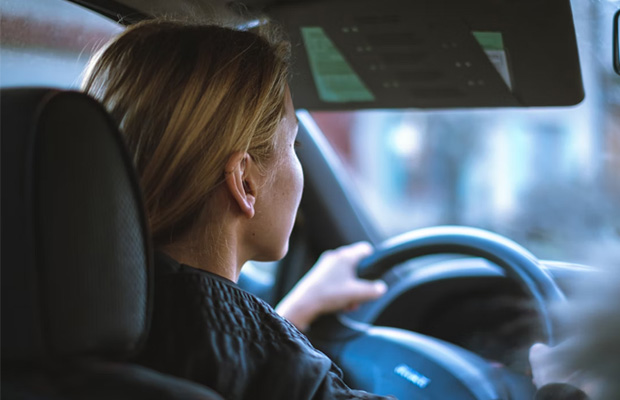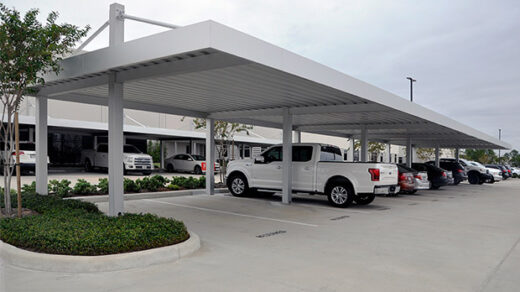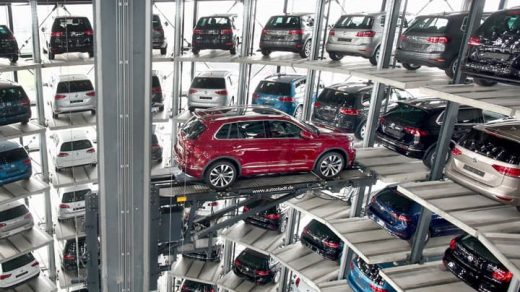I slammed on the brakes firmly. I had to act quickly to prevent a collision because the green Honda Civic suddenly and unexpectedly entered my lane without signaling. “My male passenger remarked matter-of-factly, “Must be a woman.
We have all heard it before, yes. Though they have trouble parking, are women really bad drivers? Generalizing about it is challenging. In terms of skill sets and personality traits, men and women differ from one another, and this influences how they behave on the roads. In some cases, women are safer and more adept drivers than men. The truth will become clear as you read on.
Read More: Park a Car Perfectly

Table of Contents
Do Men Have More Accidents Compared To Women?
A traffic study in New York City found that male drivers are to blame for 80% of all collisions that result in pedestrian fatalities or serious injuries. Female drivers were also 27 percent less likely to be found at fault when in an accident, according to a study by Quality Planning, an insurance statistics company.
No matter where you look, these statistics frequently hold true. Men were involved in 6.1 million accidents in 2007, 40,000 of which resulted in fatalities, according to the National Highway Traffic Safety Administration and the United States Department of Transportation. Women were only involved in 4.4 million incidents, 14,000 of which were fatal. If you’re wondering whether men or women make better drivers, this statistic is just one to consider.”
Are Men More Likely To Commit Traffic Offenses?
Men seem to dominate women in almost every category of traffic infractions, which is not a good thing. Male drivers are more likely than female drivers to receive citations for reckless driving (3.41 to 1 ratio), driving under the influence (3.09 to 1 ratio), seat belt violations (3.08 to 1 ratio), speeding (1.75 to 1 ratio), failure to yield (1.54 to 1 ratio), and stop signal violations (1.53 to 1 ratio).
Do Men Drivers Get More DUIs Than Women?
One of the rare “no-nos” for your driving history is a DUI conviction. You must do everything in your power to avoid getting a DUI. It resembles a long-lasting stain on your transcript that won’t wash out.
However, when it comes to DUIs, men continue to outnumber women by a significant margin. According to the 3.08 to 1 ratio mentioned above, 626,371 DUIs were given to men in the United States in 2007. Only 162,493 licenses for female drivers were issued.
Women Can Be Better And Safer In Actual
Researchers have debunked the stereotype that women are bad drivers, claiming that male drivers are more dangerous on the road and more likely to operate more hazardous vehicles.
In comparison to men, women may drive more safely and effectively.
The researchers’ conclusions, which were published in the journal The BMJ, lead them to hypothesize that a more gender-equitable workplace culture in the field of road transportation could help to reduce these risks.
“Given the higher risk of other road users being killed if men instead of women are driving or riding, the researchers recommended that policymakers consider policies to increase gender balance in occupations that substantially involve driving.
Four official sets of data for England from 2005 to 2015 were used by researchers at the University of Westminster to arrive at their conclusions. police injury statistics, Road Traffic Statistics, information from the National Travel Survey, and population and gender statistics from the Office for National Statistics.
The risks posed to other road users by bicycles, cars, taxis, vans, buses, lorries, and motorbikes were analyzed using the data and classified by road type—major and minor roads in urban and rural areas—and gender.
In terms of absolute numbers, cars and taxis were responsible for the majority (two-thirds) of other road users’ fatalities.
However, a comparison of the number of fatalities per mile traveled reveals that other vehicles might be even riskier.
Researchers found that one in six deaths of other road users were caused by lorries: each km driven was associated with more than five times the number of such deaths than each km driven in a car. In terms of deaths per km driven, buses had a similar high death toll.
Despite their small size, motorcycles pose a serious risk to other road users. 173 fatalities occurred in urban areas, with pedestrians accounting for the majority of those deaths.
Gender-specific data analysis revealed that, for five of the six types of vehicles examined, men significantly increased the risk to other road users.
Male drivers were twice as risky per kilometer driven in cars and vans, four times riskier in lorries, and more than ten times riskier in motorcycles.
Why Men Are Perceived Being Better Drivers Than Women?
Where does the car stereotype of the “crazy woman driver” originate, especially when you take into account the fact that all the data points to “crazy men drivers” being much more prevalent? Stereotypes frequently originate from preconceived ideas that are unfounded in reality.
However, when automobiles were still fairly new, some men believed that since they were the main wage earners, they should be given priority access to automobiles. Men in positions of authority and influence made the decision to capitalize on the concept. For example, writer Montgomery Rollins “drew on the notion that femaleness unfitted some people for the adult responsibility of driving a powerful gasoline automobile.” Women, however, were eager to drive themselves to work and run errands. Female drivers became the norm because General Motors employees were also enthusiastic, especially about the concept of a two-car family. Some men, however, continued to believe that women lacked the genetic potential to be good drivers like men. Women drivers are still stereotyped because there are still a lot of people who think this nonsense is true, despite the fact that almost all facts and statistics are to the contrary.
However, women were eager to drive themselves to work and run errands. Female drivers gradually became the norm as a result of the enthusiasm at General Motors, particularly for the concept of a two-car family. Some men, however, continued to believe that women lacked the genetic potential to be good drivers like men. Women drivers are still stereotyped because there are still a lot of people who think this nonsense is true, despite the fact that almost all facts and statistics are to the contrary.



